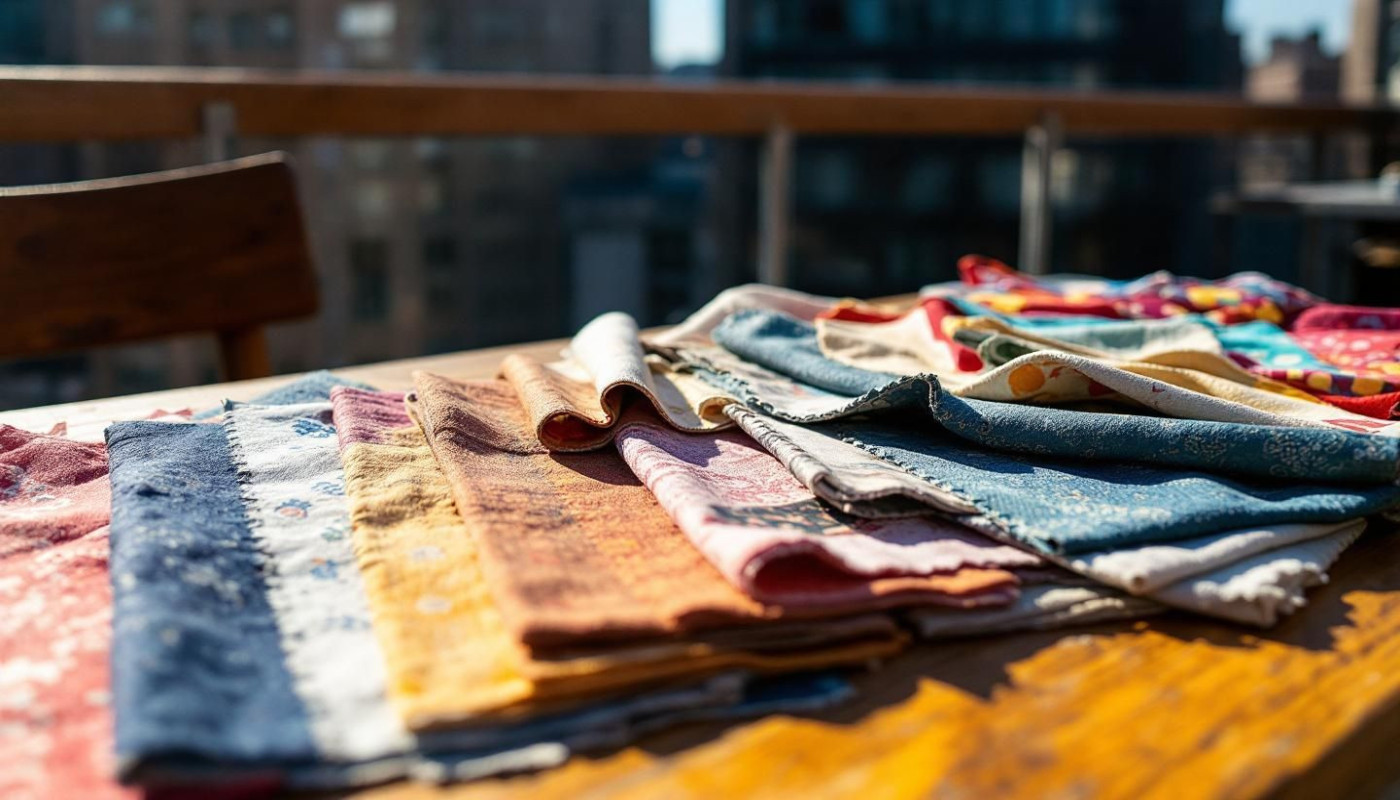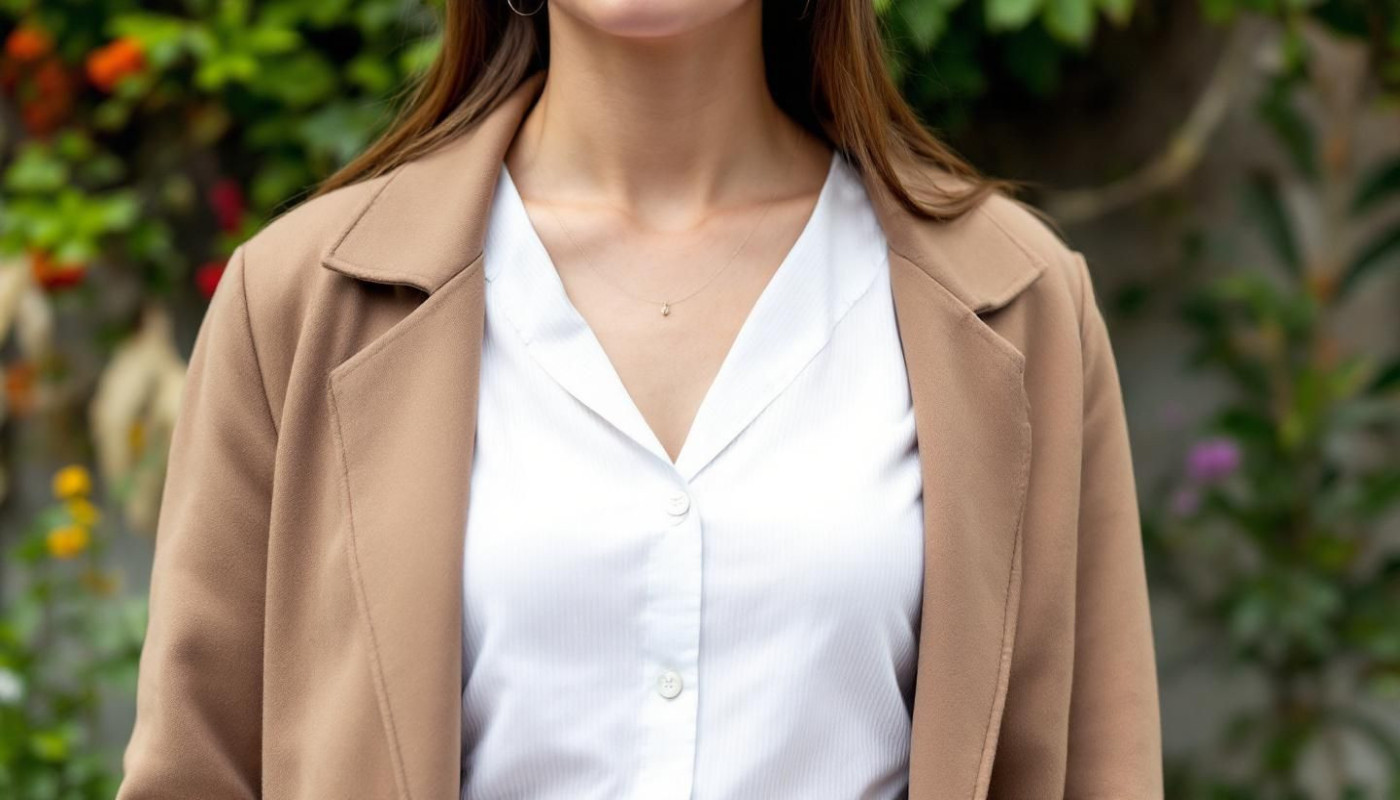Table of contents
Shapewear has become a staple in wardrobes across the globe, enticing individuals with the promise of a sleeker, smoother silhouette. This undergarment marvel has the power to transform one's appearance, offering immediate results and boosting confidence. Delve into the hidden benefits of shapewear as we unravel how it works, the various types available, and the advantages of including it in your fashion arsenal. Let this exploration guide you through the perks of a svelte figure achieved with ease.
The Mechanics of Shapewear: How It Sculpts Your Body
Body contouring through the use of shapewear is achieved primarily through the strategic distribution of compression against the body's natural curves. These compression garments employ high-tensile materials that are adept at cinching the waist, flattening the stomach, and smoothing out hips and thighs, thus contributing to a slimming effect. These fabrics are engineered with elasticity that allows them to stretch, yet maintain their compressive properties to sculpt the physique discreetly.
Breathable materials are integral to the construct of contemporary shapewear, ensuring that while the body is contoured, the skin can still respire efficiently, preventing discomfort and overheating. This balance between compression and comfort is pivotal, as it determines the wearer's ability to don shapewear for extended periods, be it for a special occasion or daily wear. Modern shapewear is designed with this equilibrium in mind, offering a comfort fit that compliments a variety of body shapes and sizes without sacrificing the aesthetic appeal of a slimmer silhouette.
In navigating the nuances of shapewear's functionality, consulting a fashion expert with a background in textile technology can provide deeper insight. Such professionals can elucidate on the intricacies of how these garments work, the advancements in fabric technology that enhance their effectiveness, and the role of construction in achieving a balance between a sleek outline and wearer comfort.
Types of Shapewear for Every Body Type and Occasion
In the quest for a streamlined silhouette and enhanced confidence, versatile shapewear has emerged as a go-to solution for many. With options tailored to assorted body types and various ensembles, there is a style to meet every need. Bodysuits, for instance, offer full coverage and can be ideal for creating a seamless look under form-fitting dresses. On the other hand, high-waisted shorts are perfect for targeting the midsection and can be worn under trousers or skirts for a smooth finish. For those seeking targeted compression, waist cinchers and thigh shapers concentrate on specific areas, offering anatomical targeting that sculpts and defines. These pieces are particularly effective under bodycon outfits or tailored clothing that demands a sleek contour. To ensure the best fit and most flattering results, consulting a fashion stylist who specializes in body type analysis can be incredibly beneficial. They can advise on the most suitable shapewear that aligns with one's unique figure and the attire they intend to enhance. Whether it's for daily wear or a special event, the right shapewear can vastly improve the way clothes fit and boost overall poise.
Health and Posture Benefits Linked to Shapewear Use
While many may associate shapewear primarily with enhancing one's appearance, it's noteworthy to acknowledge the health advantages that accompany its use. Wearing shapewear contributes to improved posture by encouraging the body to stand straighter and taller. The ergonomic design of high-quality shapewear offers back support, which is particularly beneficial for individuals who spend long hours seated or engaged in activities that strain the lower back. Proper body alignment is another significant benefit, as it can reduce muscle strain and promote a more balanced musculoskeletal structure.
In order to obtain these health benefits, wearing the correct fit of shapewear is indispensable. An ill-fitting garment can lead to discomfort and negate the positive effects on posture and alignment. Consulting a health professional, especially one with expertise in ergonomics and musculoskeletal health, can provide invaluable guidance in selecting shapewear that meets your individual needs. For those interested in exploring the diverse options of shapewear that can aid in posture improvement and offer back support, read this post here for a range of products designed with body alignment and muscle strain reduction in mind.
Boosting Confidence and Self-Perception with Shapewear
The psychological impact of shapewear on self-esteem and body image is profound. A garment designed to smooth and contour the body can provide an immediate sense of accomplishment and a glimpse into a more toned physique. This perception often leads to a surge in self-confidence, allowing individuals to carry themselves with greater assurance. In a world where first impressions are significant, the ability to present oneself assertively in both personal and professional environments is invaluable. Shapewear can act as a catalyst for this increased confidence.
The cognitive-behavioral effects of donning shapewear suggest that when we perceive our bodies positively, our behavior aligns with that improved self-image. This alignment can result in a formidable presence, potentially opening doors to new opportunities and interactions. However, it is fundamental to foster a healthy mindset regarding body image. Shapewear should be seen as a tool for personal empowerment—an adjunct to one's wardrobe that enhances, rather than a panacea for deeper body image issues. A psychologist specializing in body image and self-esteem would advocate for a balanced approach, encouraging individuals to use shapewear as a means to feel confident while engaging in self-compassion and pursuing a positive body image.
Maintaining and Caring for Your Shapewear
Proper garment care is paramount in ensuring the longevity of shapewear. To preserve the textile's integrity, textile preservation specialists recommend adhering to specific washing techniques. For instance, hand-washing in cold water with a gentle detergent is preferred over machine washing, which can stretch or tear delicate fabrics. If machine washing is unavoidable, place the shapewear in a mesh laundry bag to protect it from snagging or becoming entangled with other items.
When drying, avoid wringing out your shapewear, as this can deform the fabric. Instead, gently press out the excess water and lay it flat to dry away from direct heat or sunlight. This method helps maintain the garment's shape and effectiveness. Implementing these storage solutions will further contribute to the lifespan of your shapewear: store it in a cool, dry place, and avoid folding or creasing the garment in a way that might create permanent wrinkles or damage the fibers.
Following the manufacturer's care instructions is a wear and tear prevention strategy that cannot be overstressed. These guidelines are tailored to the garment's material composition and structural design, ensuring that it retains its shape and compressive qualities with each use. If the shapewear begins to show signs of age, such as loss of elasticity or support, consider consulting a professional for advice on restoration or replacement. By adopting these longevity tips, you can enjoy a slimmer silhouette with your beloved shapewear for as long as possible.
Similar articles

How Quality Fabrics Shape The Future Of Urban Fashion

Exploring the slow fashion movement and its impact on consumer habits

Where to Buy a Hublot Watch in Sint Maarten?

Exploring The Mystical Benefits Of Tiger Eye Bracelets

How To Achieve A Salon-quality Manicure At Home With Nail Stickers

Exploring Urban Fashion: The Rise Of Bold Streetwear Shirts

Unveiling the Eclectic Allure of Gender-Neutral Fashion

